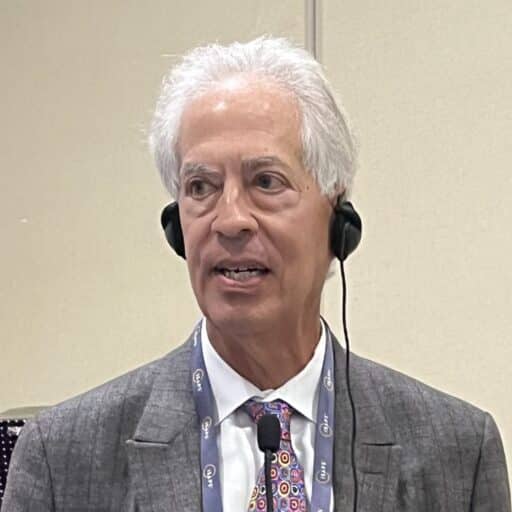Introduction
Reconstructive surgery has emerged as a transformative option for individuals dealing with physical impairment caused by trauma, cancer, birth defects, or other medical conditions. However, the question often arises: Is reconstructive surgery a long-term solution? Dr Lawrence Gray delves into the specific role and long-term efficacy of reconstructive surgery in various medical scenarios.
Dealing with Degenerative Conditions or Ongoing Diseases
In some cases, physical impairment arises from ongoing or degenerative conditions, such as certain types of arthritis. For individuals facing these conditions, reconstructive surgery may not always offer a permanent solution. The progression of the underlying disease can affect the longevity of the reconstruction, potentially necessitating further surgeries in the future.
Post-Trauma or Cancer Treatment Reconstruction
For patients who have undergone surgery due to trauma or medical conditions like cancer, reconstructive surgery often serves as a long-term solution. Once the immediate concern, such as cancer treatment, has been successfully managed, reconstructive procedures work to restore the patient’s appearance and function to as close to normal as possible. In these cases, the effects of reconstructive surgery can be lasting and transformative.
Dealing with Congenital Defects
Reconstructive surgery stands as an indisputable long-term solution when addressing various congenital defects, such as cleft lip or palate. The surgeries performed to correct these birth defects typically yield lasting success and significantly improve the patient’s quality of life. These transformative procedures have a profound and enduring impact on individuals.
Post-Surgery Considerations
While reconstructive procedures offer long-term outcomes, it is essential to acknowledge that surgery is not always an isolated solution. Factors such as post-operative rehabilitation, adherence to post-surgical instructions, and lifestyle choices can significantly influence the lasting success of these procedures. In some cases, additional surgeries or procedures may be required over time to maintain or enhance the results. Regular follow-ups and communication with healthcare professionals are crucial aspects of ensuring the continued effectiveness of reconstructive surgery.
Enhancing Quality of Life Through Reconstructive Surgery
In summary, the value of reconstructive surgery extends far beyond the confines of the operating room. By restoring physical function and aesthetics, reconstructive surgery often leads to long-term improvements in self-esteem, social interactions, and overall quality of life. These psycho-social benefits can last a lifetime, marking reconstructive surgery as providing not only physical but also mental and emotional long-term solutions. It is a testament to the transformative power of medicine in improving the lives of individuals facing physical challenges Dr Lawrence Gray.
